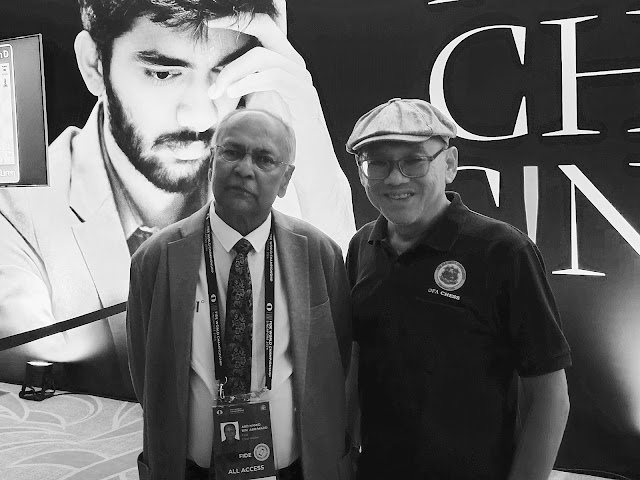Meet 15-year-old Poh Yu Tian, arguably Penang's greatest chess player of all time—a true GOAT. Never before has there been so much excitement surrounding a chess talent in Penang. Poh Yu Tian has had an extraordinary year, dominating the chess scene and sweeping every major title in Malaysia.
In July, at the Eastern Asia Youth Chess Championship (EAYCC) hosted by the Penang Chess Association, Yu Tian played above his age group and triumphed in the Under-18 section. His stellar performance earned him the prestigious International Master (IM) title from the World Chess Federation. For anyone doubting whether this title was deserved, it’s worth noting that Yu Tian also achieved his third and final IM norm during this tournament. Whether the title was a direct award or the result of consistent excellence, the outcome is clear—he earned it.
Right after the EAYCC, Yu Tian represented Penang at SUKMA 2024 in Sarawak, where he clinched three gold medals, contributing to the state’s unprecedented success. The momentum didn’t stop there. In September, he made history at the Arthur Tan Memorial Malaysia Open in Kuala Lumpur, becoming the first Malaysian to win this prestigious tournament.
Earlier this month, Yu Tian continued his streak by claiming the Penang Closed title with a flawless performance. Just two weeks later, he became the first homegrown player to win the Penang Open in its current format.
Yu Tian’s accomplishments this year are nothing short of extraordinary, and his talent promises an even brighter future in chess. Congratulations to him on these incredible milestones. May his journey continue to inspire and amaze.













































.jpg)
.jpg)
.jpg)
.jpg)




